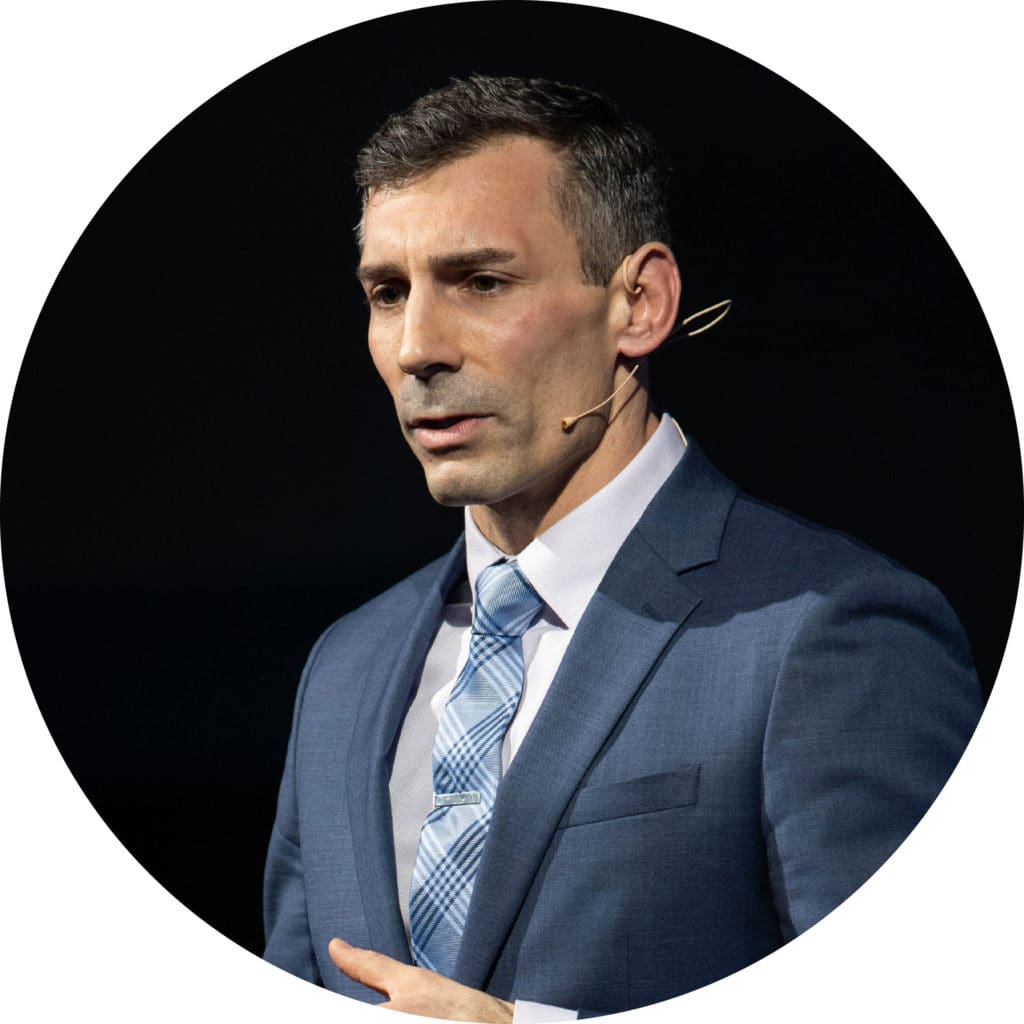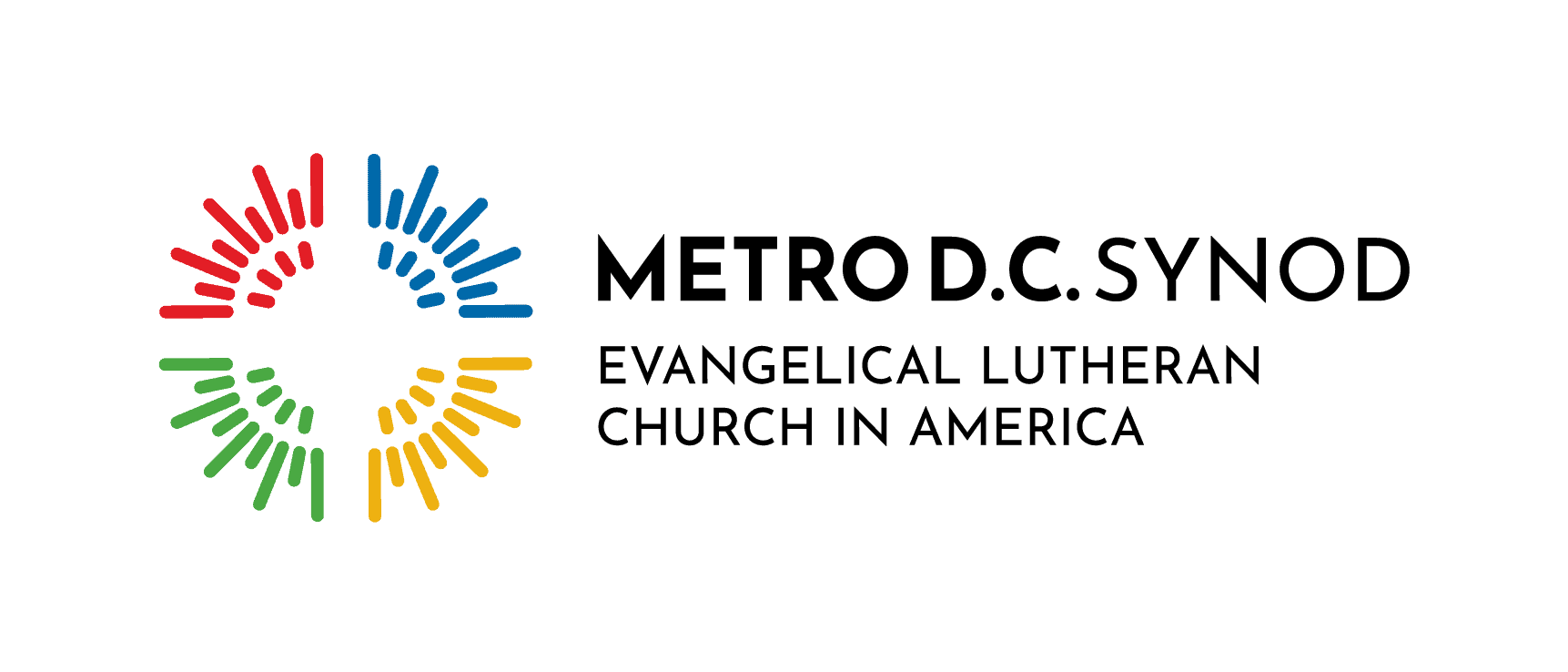2021 Bishop’s Academy

Rostered leadership can be exhausting. Our schedules are packed and emails pile up relentlessly. The demands on our time can hardly be contained as congregants expect us to be available 24/7. Even in normal times, we end up feeling like we can barely keep up the pace. During COVID-19, the epidemic of busyness facing pastors has intensified. Now, perhaps more than ever before, we need to re-discover the biblical concept of Sabbath and how it can reorient our lives around God’s rest and rejuvenating love.
All Metro D.C. synod rostered ministers are invited to the 2021 Bishop’s Academy, a series of online sessions to explore the purpose, place, and practice of Sabbath in faith formation and rostered leadership. We will explore Sabbath as divine gift—a disruptive and daring invitation to experiment with meaningful play, restorative rest, sensual holiness, communal feasting, and social justice.
January 12 & 19
2:00 – 4:00 PM
January 27, February 3 & 10
10:00 AM – 12:00 PM
$125 covers all five sessions
and 1 CEU through Candler School of Theology
Each teaching session will be interactive, including biblical study, pair-and-share activities, small group reflection, and open Q&A. No reading is required, though a recommended list of books for further study will be provided.
Session Descriptions:
Session 1. The Epidemic of Busyness: Identity, Vocation, and Our Problem with Work
Why is it that we so often ignore a commandment we so desperately need? In this session, we will explore how the invitation to observe a 1-in-7 rhythm of rest is not an antidote to our exhaustion but rather to the things that cause our exhaustion: our view of work and the ways in which our self-worth is tied to what – and how much – we do.
Session 2. Building Sanctuaries in Time: Embracing Holy Inefficiency
With overstuffed schedules and endless to-do lists, we routinely turn to multi-tasking to ramp up our efficiency at work. But is efficiency really a virtue? What tasks in life and pastoral leadership would be richer if done less efficiently? In this session, we will discuss the idea of the sabbath as a “sanctuary in time” and how it invites us to think differently about holiness, our schedules, the pace of our lives, and when (not just where) we encounter God.
Session 3. Sabbath as Resistance: Doing Less in a Culture of More
In the Ten Commandments, the motivation for keeping Sabbath is rooted in the memory of Israel’s liberation from slavery in Egypt. In this sense, the Sabbath is God’s “No!” to Pharaoh and his regime of relentless work. In this session, we will examine why leaving Egypt behind is so difficult for Israel and how the principle of Sabbath can free us from the idols of performance and production.
Session 4. Sabbath and Justice: Embracing Sabbath as a Social Mandate
We often think about keeping Sabbath as a personal spiritual discipline. But in the Bible, more emphasis is placed on giving Sabbath as a social responsibility. In this session, we will discover the connection between Sabbath and social justice, including how it shapes the ministry of the prophets and the teachings of Jesus.
Session 5. Sabbath Leadership: Becoming a 24/6 Pastor
Especially in the midst of a global pandemic, how do we establish healthy boundaries around work? Why is it hard for us to say no to new opportunities or additional responsibilities? In this sense, we will talk honestly about what it would take to become a 24/6 pastor and how such a commitment could bring coherence and vitality to our sense of calling.
Special emphasis will be place on practical ways in which we can cultivate Sabbath keeping in our everyday lives and spiritual disciplines.
What We Hope to Accomplish
The goal of this series is to explore the purpose, place, and practice of Sabbath in faith formation and pastoral leadership. In doing so, we will come to understand the ancient practice of Sabbath keeping as more than just a good idea for managing busyness or taking time off. Rather, we will explore Sabbath as divine gift—a disruptive and daring invitation to experiment with meaningful play, restorative rest, sensual holiness, communal feasting, and social justice.

Our Presenter – Dr. Ryan Bonfiglio
Dr. Bonfiglio is an Assistant Professor in the Practice of Old Testament at Emory’s Candler School of Theology. He also is the Director of The Candler Foundry, an initiative designed to make theological education accessible and engaging for the broader public.


